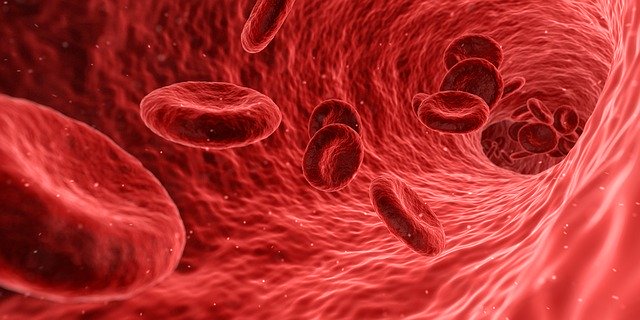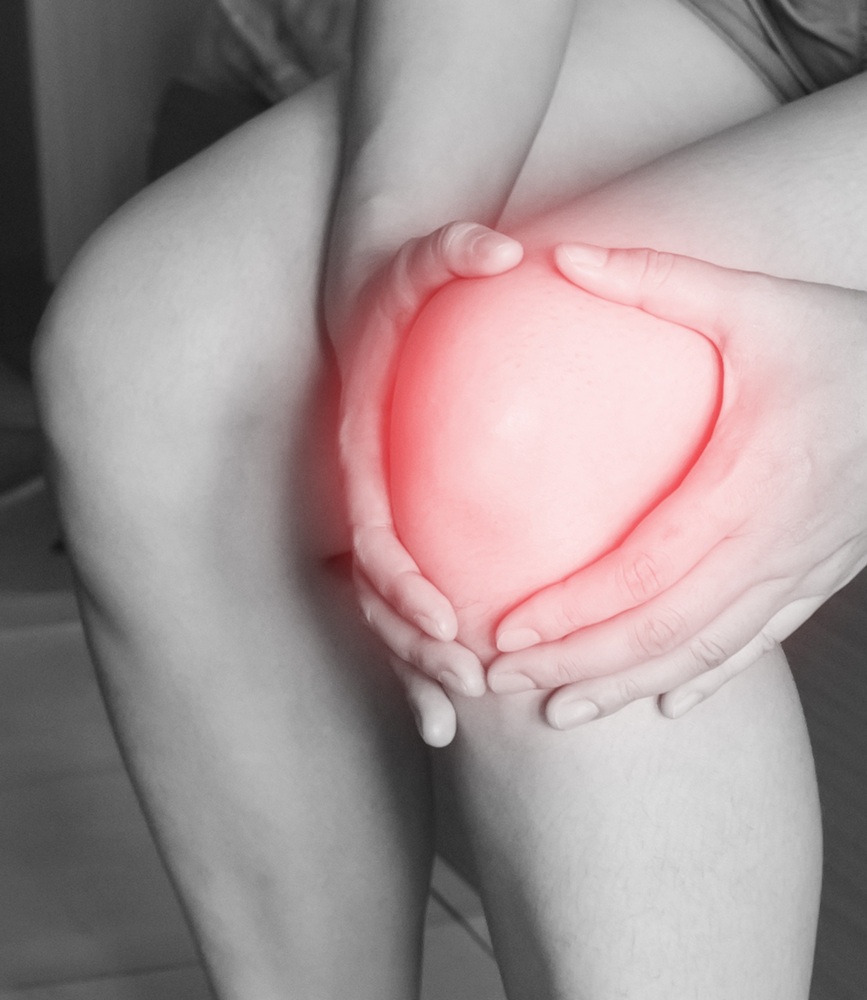What is PRP and how is it collected?
PRP is the straw-coloured plasma component extracted from your own whole blood, containing a rich concentration of platelet cells with their associated anti-inflammatory and growth factor proteins – in amounts 2 or more times greater than usually found in whole blood. Once 10-15mls of your blood is collected (a similar experience to having a routine blood test), a centrifuge is used to separate the red cells to the bottom of the enclosed syringe, leaving the plasma containing the concentrated platelets to be extracted from the top. The PRP is then injected by your doctor into your knee joint or tendon whilst it is fresh.

How does PRP work?
PRP contains a high concentration of platelets that normally play an important role in forming scaffolding after tissue injury and initiating a healing response. Studies demonstrate that following PRP injection, numerous platelet-associated growth and anti-inflammatory factors increase, and are associated with improved pain and function for conditions such as knee osteoarthritis. Although PRP for knee pain has not been proven to regrow cartilage in living humans, there is good emerging evidence that it can improve symptoms in several joint and tendon related conditions, potentially for 1-2 years.[2]
Does PRP for knee pain work for everyone?
PRP for knee pain may not be suitable for everyone, but studies indicate that patients with early to moderate osteoarthritis, may have an appreciable improvement in knee pain and function at 3, 6 and 12 months.[2] There is variation in results between response rates, the degree of arthritis, and the type of PRP protocol administered, but studies show positive symptom data out to 1-2 years, with some studies even showing that there is no further progression of arthritis on MRI.[3]
How is PRP injected and what are the risks?
A single 6ml syringe of your PRP is injected directly into the knee joint space by a doctor via a needle of similar size used for routine blood tests. As with any injection, there is a small risk of bleeding or knee joint infection (said to be less than 1:100 in healthy people). Every effort is made to reduce the risk of infection, using antiseptics and sterile technique. A temporary flare of stiffness, pain and swelling may sometimes occur but generally responds well to paracetamol, relative rest and ice packs. Improvement may be noticed within the first few weeks.
How much does PRP cost at ASD/AOSM?
Your initial consultation with ASD (to discuss your suitability for PRP for knee pain) is partly covered by Medicare, with a gap fee depending on the duration of the consultation and other issues discussed. Medicare, Workcover and TAC generally do not provide patient rebates for the PRP injection fee. A fee of $343 (incl GST) applies per injection, as of 1st September 2024, subject to change. Please contact the clinic for up to date pricing. The majority of this cost is to cover the consumables and centrifuge required to collect PRP. Click here for fees on our FAQs page
What can I expect after my treatment?
We ask that you have relative rest from exercising the area for 24-48 hours following injection. Note also that we ask you to not take any aspirin or anti-inflammatories (eg. Nurofen, Voltaren) 7 days before and for 4 weeks after treatment as these medications may interfere with the platelet function and the effectiveness of the treatment. You are able to return to daily activities and progress to exercises as prescribed by your doctor or physical therapist as symptoms improve over the week.
How do I book an appointment?
You can book an appointment by clicking the Book Online button on our Home page or by calling (03) 9455 1112.
ASD is open Monday – Fridays 9am to 5pm. Our after hours weekday and Saturday clinics run intermittently – subject to staff and practitioner availability. Referral is not required but is preferred for some practitioners consulting at Australian Sports Doctors – please speak to our friendly reception staff for guidance.





